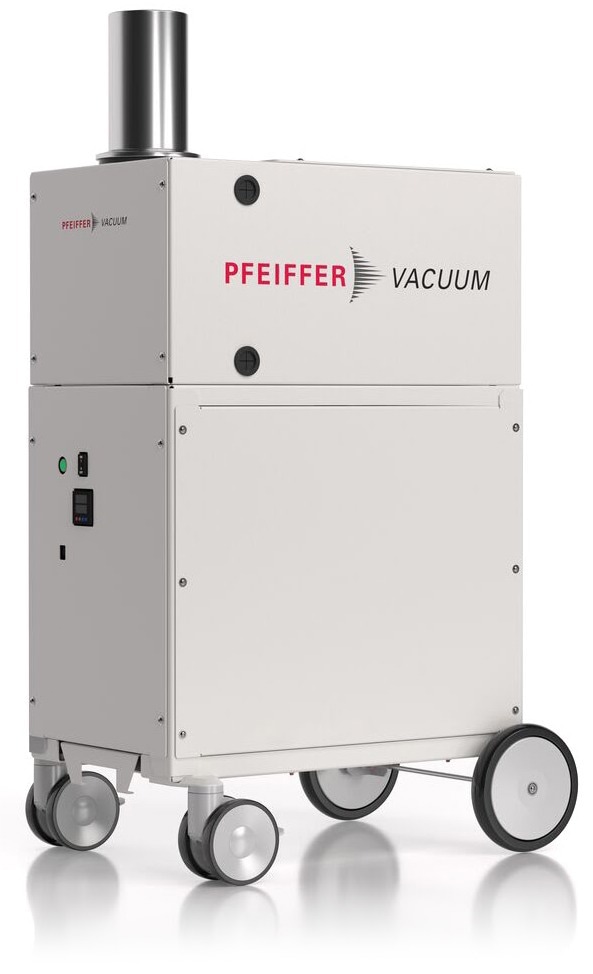Pfeiffer Vacuum introduces an innovative addition to both new and existing leak detection systems: the Dry Chiller Module. Serving as an extended cooling component for ASM 2000 and AMI 1000 leak detectors, this module sets new benchmarks in producing dependable data for testing container closure integrity at low temperatures. It ensures the quality of substances that require cold storage conditions, particularly in medical and pharmaceutical environments.
 Dry Chiller Module for Container Closure Integrity Testing (CCIT). Image Credit: Pfeiffer Vacuum
Dry Chiller Module for Container Closure Integrity Testing (CCIT). Image Credit: Pfeiffer Vacuum
The Dry Chiller Module provides a fast cool down of samples to test the integrity< of a container at low temperatures. The module is easy to use and offers several advantages, such as full control of the temperature profile and extended data availability.
Lukas Engel, Leak Testing Expert Pharma CCIT, states: “Using the Dry Chiller Module, customers get real-time results of temperature and leak rate. They save time and money as cycle times are shorter and the risk of safety issues is minimized compared to other tracer gas solutions that use a liquid bath.”
Thanks to its versatile application, the module can be applied to helium pre-filled containers on the ASM 2000 or to the AMI 1000 without any sample preparation, utilizing the gas naturally present within the container. This flexibility ensures that the Dry Chiller Module can be integrated seamlessly into existing processes.
The new product not only offers technical and financial advantages but also demonstrates a commitment to sustainability. Its low power consumption and compatibility with existing leak detection applications underscore the company's dedication to providing eco-friendly solutions without compromising performance. The financial benefits are equally compelling, with the Dry Chiller Module enabling faster testing times and swift integration with existing equipment, resulting in reduced costs and a quicker return on investment.
With an increasing trend toward high-value biologics, the requirements for reliable closure systems have become even more critical. An increasing number of live viral vaccines, gene therapies, or products that contain active cells are being developed and coming onto the market. Most of them require cold storage conditions to maintain stability and activity. This forces the manufacturer to prove that the container closure system maintains integrity at deep cold storage, down to -80 °C and below. This is the purpose the Dry Chiller Module is designed for.